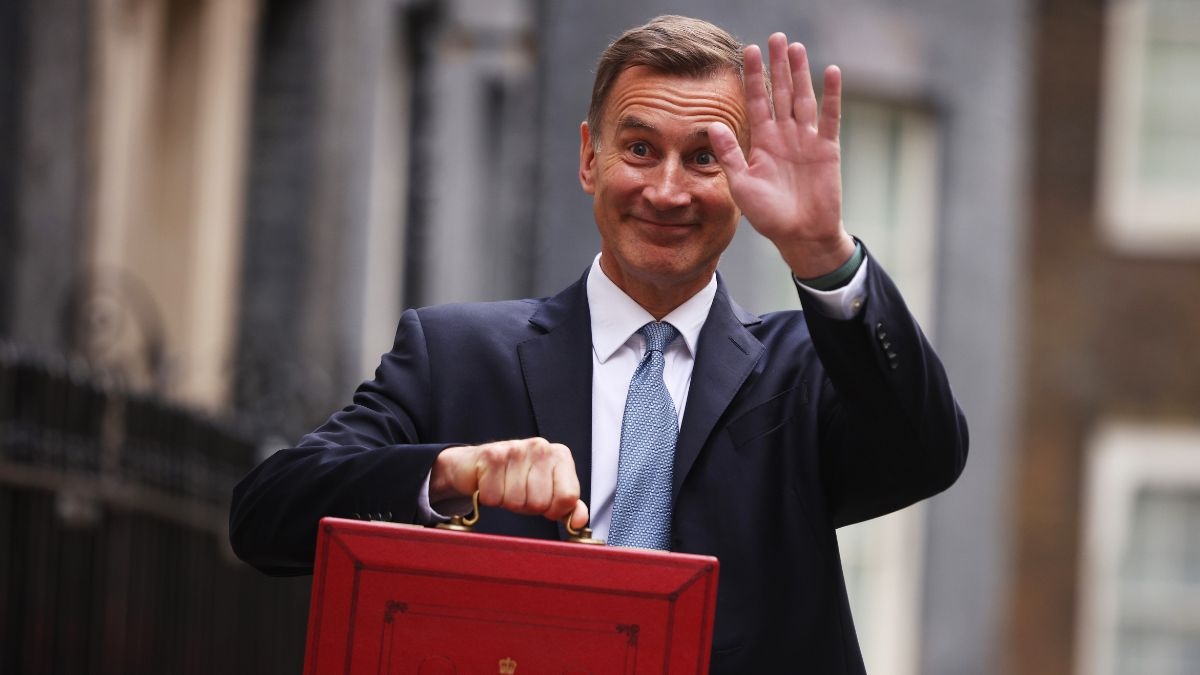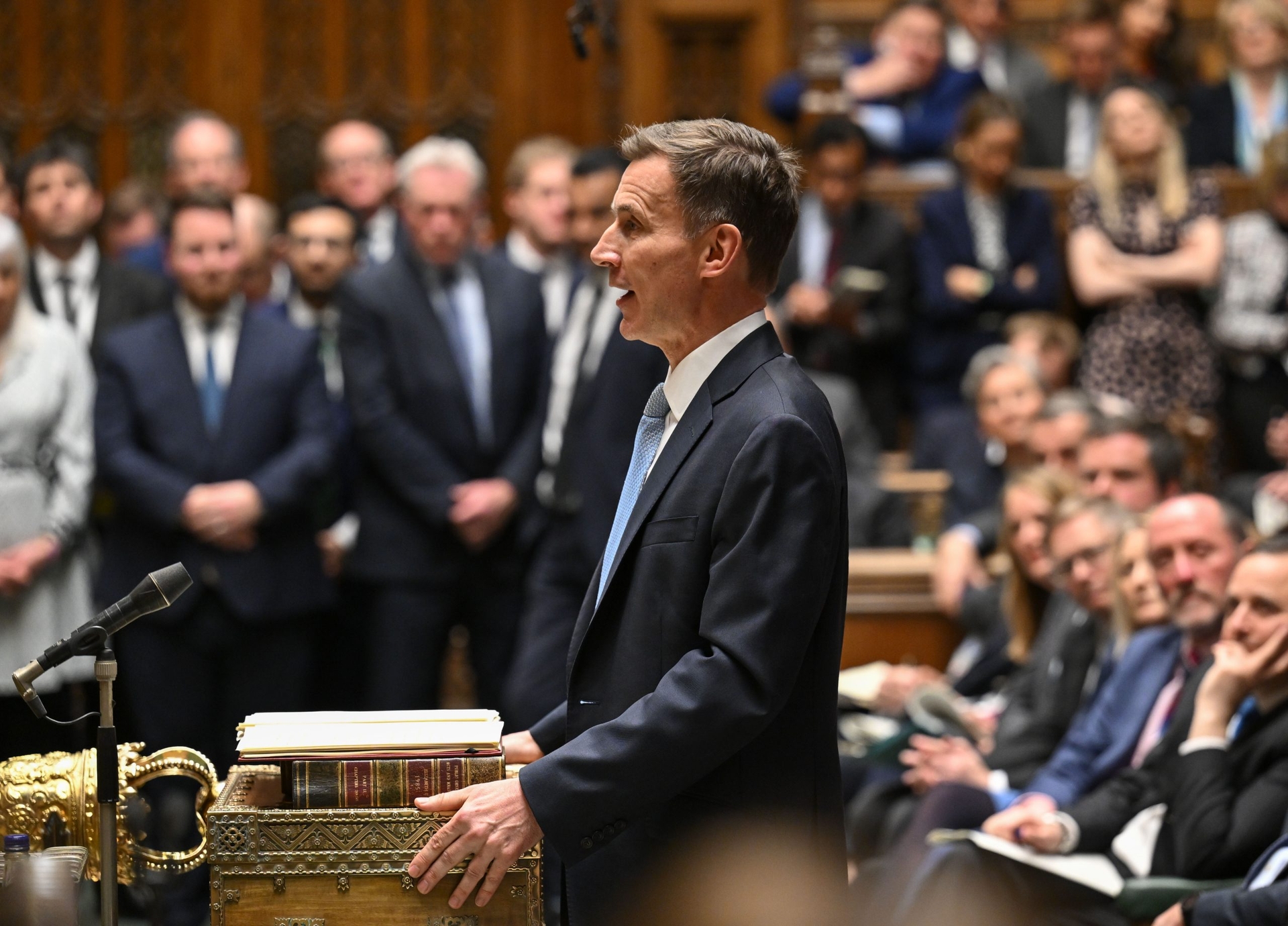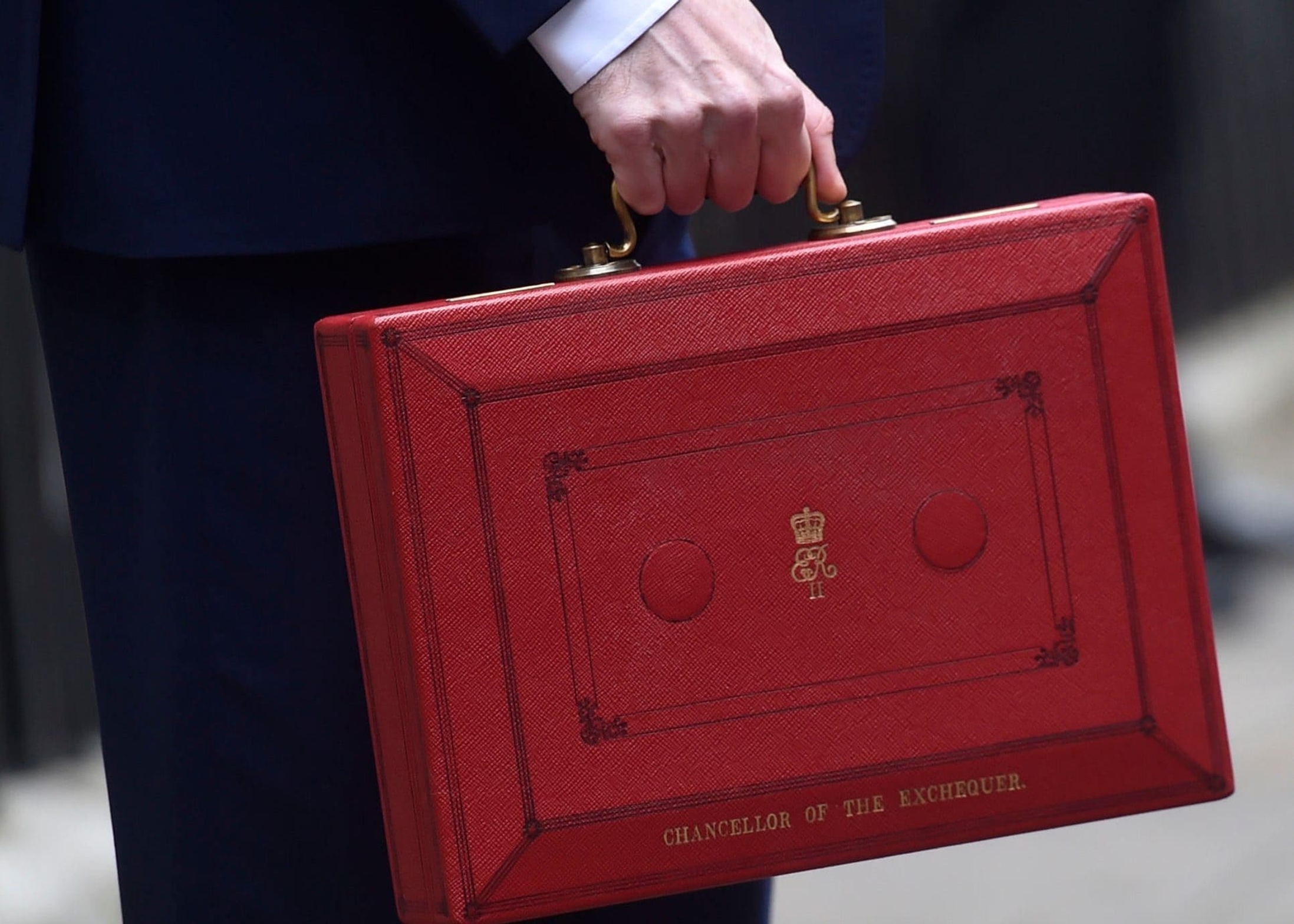UK's Spring 2024 Budget: A Closer Look at Key Changes
In a significant financial announcement, the UK's Chancellor of the Exchequer unveiled the Spring 2024 budget today, sparking widespread interest across various sectors. The budget reflects a strategic mix of tax cuts and extensions, aimed at balancing the nation's fiscal demands with individual financial relief. It's a budget that promises to influence everything from individual spending power to business investments, signaling notable shifts in the UK's economic policy.

Property Market
Chancellor Jeremy Hunt announced a decrease in the capital gains tax rate on house sales, lowering it from 28% to 24%. Concurrently, he also eliminated a stamp duty tax relief previously available to landlords during large-scale property purchases. Hunt further revealed an investment of £240 million in housing developments at Barking Riverside and Canary Wharf. He stated that these projects are expected to yield approximately 8,000 homes and establish a hub for life sciences.

National Insurance Cut and Child Benefit Changes
In a move that directly benefits workers, the Chancellor announced a further reduction in National Insurance contributions. The rate has been cut by an additional 2p, now standing at 8%, down from the previous 10%. This follows a similar cut in last year's Autumn Statement, demonstrating a continued effort to ease the financial burden on employees. Alongside this the child benefit scheme has seen a change with the earnings threshold being significantly increased to £60,000, up from £50,000. This adjustment means more families will be eligible for child benefit, offering additional support in the face of rising living costs.
Tax Adjustments and Extensions
The budget introduces pivotal changes in taxation, particularly affecting the energy sector and property market. A key decision is the extension of the windfall tax on oil and gas company profits until 2029, a measure that underscores the government's commitment to balancing corporate profitability with social responsibility. In the realm of property, the Chancellor has provided relief by reducing the capital gains tax for higher-rate transactions from 28% to 24%, a move likely to stimulate activity in the property market.
Simultaneously, there's a significant shift in tax policy for wealthy foreign residents. The non-dom tax break, a longstanding fixture in the UK tax system, has been abolished. However, new arrivals in the UK will benefit from a concession, exempting them from tax on foreign income and gains for their first four years of residency. This nuanced approach aims to maintain the UK's appeal to international talent and investors, while ensuring a fairer tax regime.
Social Support and Fiscal Policies
The Spring 2024 budget also addresses social welfare and consumer taxes. Notably, the Household Support Fund, crucial for many in times of economic hardship, has been extended. However, this extension is for six months only, falling short of charities' hopes for a two-year extension. This decision may prompt discussions on long-term solutions for household support in the UK.
In a move welcomed by many, the Chancellor has frozen alcohol duty, maintaining current rates. This freeze, coupled with the continued 5p cut in fuel duty, is seen as an effort to relieve the financial pressure on consumers amidst rising living expenses. These measures are indicative of a budget that balances fiscal responsibility with a nod to the everyday financial challenges faced by citizens.
Encouraging Investments and Supporting Small Businesses
The Spring 2024 budget takes proactive steps towards encouraging personal investments and bolstering small businesses. A notable introduction is the new British ISA, designed to incentivise more people to invest in UK assets. This move aligns with the government's broader strategy to stimulate domestic investment and drive economic growth.
Small businesses, often regarded as the backbone of the economy, receive a significant boost with the increase in the VAT threshold. The threshold is now raised from £85,000 to £90,000. This increase is expected to reduce the tax burden on small enterprises, potentially enabling them to reinvest savings into growth and innovation.
The Chancellor also announced the reversal to recent changes to the criteria for angel investors - something that we at Acorn welcome as per our recent blog. The Treasury said it will “legislate to reinstate the previous eligibility criteria to qualify as a high net worth or sophisticated investor, and will also carry out further work to review the scope of the exemptions”.
New Tax Initiatives
In line with evolving market trends and health concerns, the budget introduces new taxes on vapes, reflecting a growing regulatory focus on alternative smoking products. Additionally, there's a notable increase in taxes for business class flights, a decision likely aimed at environmental considerations and revenue generation.
Final Thoughts
The Spring 2024 budget, with its array of fiscal adjustments and policy shifts, is set to make a significant impact on the UK's economic landscape. From tax cuts for workers to support for small businesses, and strategic tax increases, it represents a balancing act between stimulating economic growth and ensuring fiscal sustainability. As these changes roll out, they are expected to shape the financial dynamics of both individuals and businesses across the nation.

